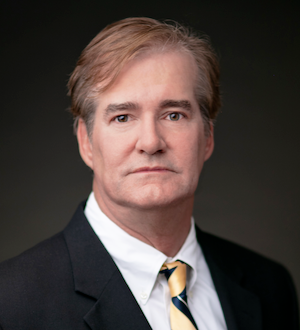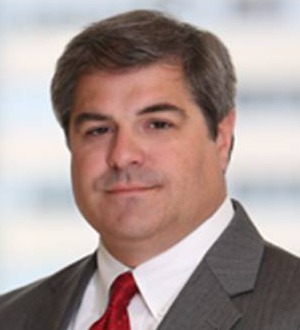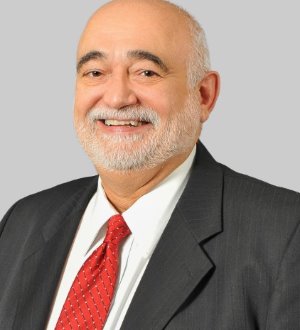
Bryan C. Collins
500 North Akard Street, Suite 1900 Dallas, Texas 75201
Firm:
Rogge Dunn Group PC
|
Website
Claim Your Profile
As a lawyer recognized by Best Lawyers® you are eligible for additional profile options. Please contact your legal media specialist for more details:
Michael Pratt
718.502.8128
mpratt@bestlawyers.com
What legal services does this lawyer offer?
Litigation - Labor and Employment
Nearby Lawyers
See All
Law School
University of Texas - Austin, J.D.
Graduated 1984
Contact Details and Office Locations
Office: (214) 888-5000
500 North Akard Street, Suite 1900
Dallas, Texas 75201
Dallas, Texas 75201
Client Reviews
Showcase Your Expertise Where It Matters
Enhanced Visibility
Preferred Placement
Write a Client Review
{{ error.Text }}
Your client review was submitted successfully!
We've encountered an error while submitting your client review. Please try again later.
This comment will be sent to the attorney for review prior to publishing.
Login
*If you are having any difficulty accessing your account, please contact us at info@lawyerregister.com.
*If you are having any difficulty accessing your account, please contact us at info@lawyerregister.com.









